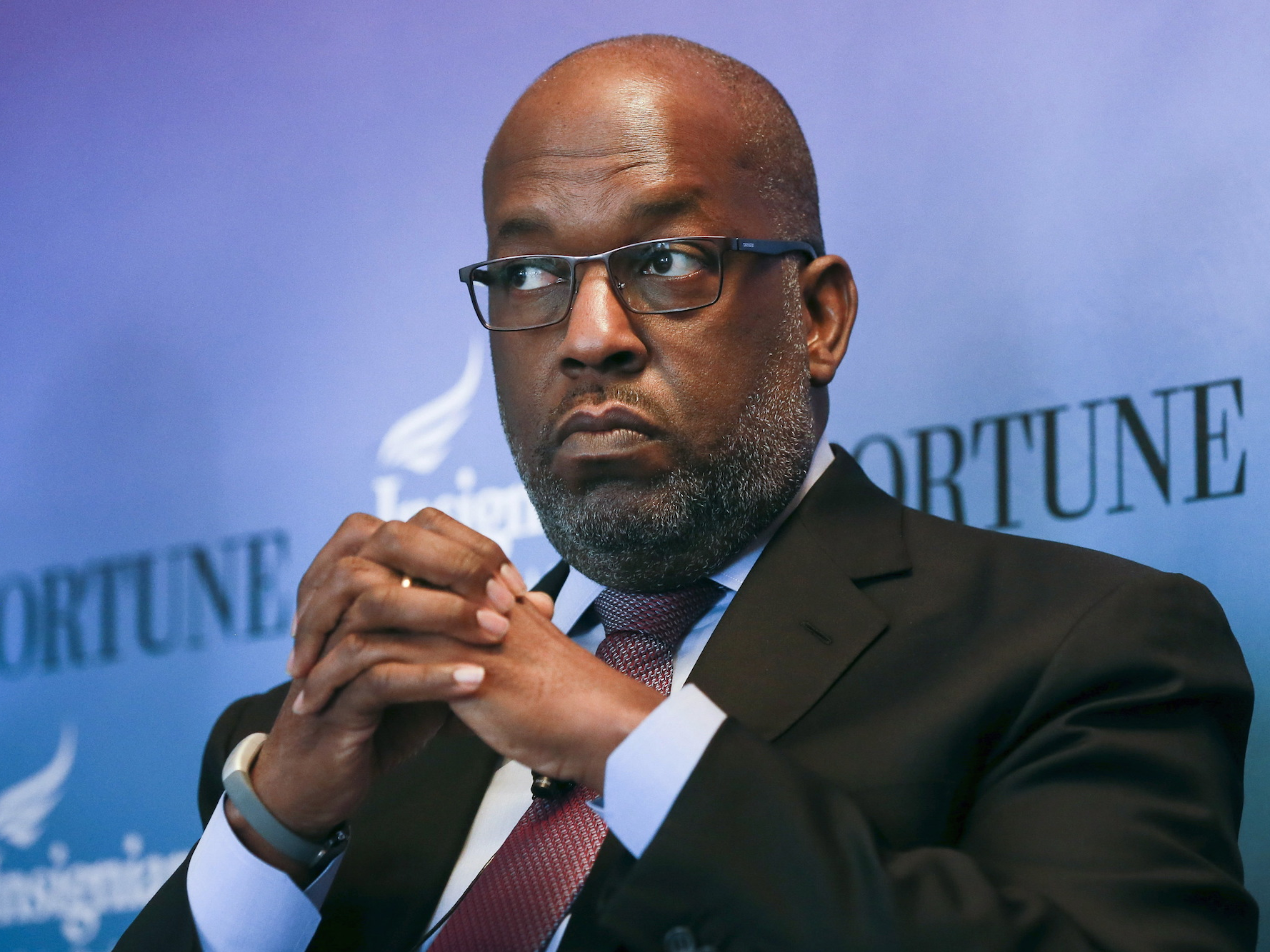- The lines around what defines a healthcare company have been changing drastically with a slew of mega-merger deals like CVS’s proposed combination with Aetna and Cigna’s deal with Express Scripts.
- The bets CVS and others are making is that the future of healthcare won’t be in the hospital any more. It’ll be at pharmacies, or other places you frequent every day and then eventually, simply in your home.
- The future of healthcare is the home, Kaiser Permanente CEO Bernard J. Tyson told Business Insider.
The boundaries of the healthcare business are changing.
Healthcare companies have started to move into new lines of business, with pharmacies buying health insurers, health insurers acquiring medical practices, and hospitals getting into the generic drug business. No two combinations look exactly the same.
It’s part of a push by healthcare companies to both cut costs and gain more control over patients. At the same time, large tech companies are eyeing ways to disrupt healthcare, and the industry faces new kinds of medications with high costs.
But for some companies, like Kaiser Permanente, they’ve encapsulated seemingly different aspects of the industry and had them under one roof for decades now. The nonprofit healthcare company has been around since the 1940s and has both a health plan and a hospital, and members see the doctors Kaiser Permanente employs in network. The company’s model is a favorite of Berkshire Hathaway vice chairman Charlie Munger and others who see it as the future of healthcare in the US.
Bernard J. Tyson, the CEO of Kaiser Permanente, sees these changes as moving toward a system where companies have more control over how healthcare gets paid for.
"Everyone is vying for what I call their piece of the dollar," Tyson said. "As you start to see the integrations, vertical and horizontal, what you are seeing are the economics behind it saying, 'I want to own more and more of that dollar, so then I can influence more and more of the health system around it.'"
As part of that, companies are getting creative to stay competitive.
"I think when you look at this inflection point that we're at, you have some big bets or bold moves," he said.
For example, the CVS-Aetna merger would combine a health-insurance business, retail pharmacies, and a pharmacy benefit manager, which negotiates prescription-drug prices with drugmakers. This gives CVS a lot more control over how people access and pay for healthcare, with the aim of making pharmacies the "new front doors of healthcare" instead of going to the doctor's office or hospital.
Kaiser Permanente, for its part, has been running urgent care clinics out of Target locations in southern California, which its members can use.
"We know there's some benefit to it," Tyson said. "The difference with ours is that it's connected to a whole healthcare system."
Eventually, though, he sees it going further than the pharmacy and into the home itself.
"The future is the home, and the home of the future is going to be not just a place called a home. It's also going to be a medical site," Tyson said. "The whole shift thinking about what's the ecosystem around individuals in their own setting is the significant difference that we are going to see over the next decade."
For example, Kaiser's managed to make a procedure like a hip replacement just a one night stay in a hospital, versus the one to four days you might typically see. But through Kaiser, patients get sent home after surgery with nurses and physical therapists.
"Seeing other health systems doing things that we are doing or have done, or are starting to change, for us is a breath of fresh air for the entire industry," Tyson said.
What's keeping people from becoming Kaiser
Because Kaiser Permanente is both the insurer and the firm caring for those covered by that insurance, it's organized to keep its members healthy. Members pay monthly premiums, which in turn cover their healthcare that they use within Kaiser Permanente's network. The healthier its members stay, the less Kaiser Permanente has to ultimately spend on the more costly aspects of healthcare, like emergency room visits.
That's not exactly the case with other parts of the health system. Along the way, it seems as if these integrations are trying to take cues from Kaiser Permanente. As Tyson sees it, there are a few hurdles that stand in their way.
The first: deep investment.
"We go deep, we're not shallow," Tyson said. "There are investments that we make in our communities around the country."
The second is the network of doctors and caretakers that Kaiser Permanente employs. Tyson said the company gives them the freedom to practice medicine without having to abide by whatever a health plan will reimburse for. Pulling that team together isn't easy.
"That's not magic, that's hard work to make that work together and make sure there's great harmony going on, which we do," Tyson said.
And lastly, Kaiser Permanente isn't based on a fee-for-service model in which doctors are paid by health insurers based on how many visits they have. So unlike companies like health insurers or hospital providers, Kaiser Permanente doesn't have to fundamentally change the way it's structured.
"We don't see where we have to flip the switch," Tyson said. "We get paid to do what is in the best interest of the members who pay us to keep them as healthy as possible."
See also:
- US investors are pouring millions into a healthcare company that doesn't take insurance and lists its prices like a 'McDonald's menu'
- How a 29-year-old went from dropping out of an Ivy League college to leading digital strategy for America's largest health insurer
- A small but growing movement of doctors that don't accept insurance and charge a monthly fee could be a model for big employers like Amazon and JPMorgan
- A hot startup could be the perfect model for the JPMorgan-Amazon-Berkshire Hathaway healthcare initiative

